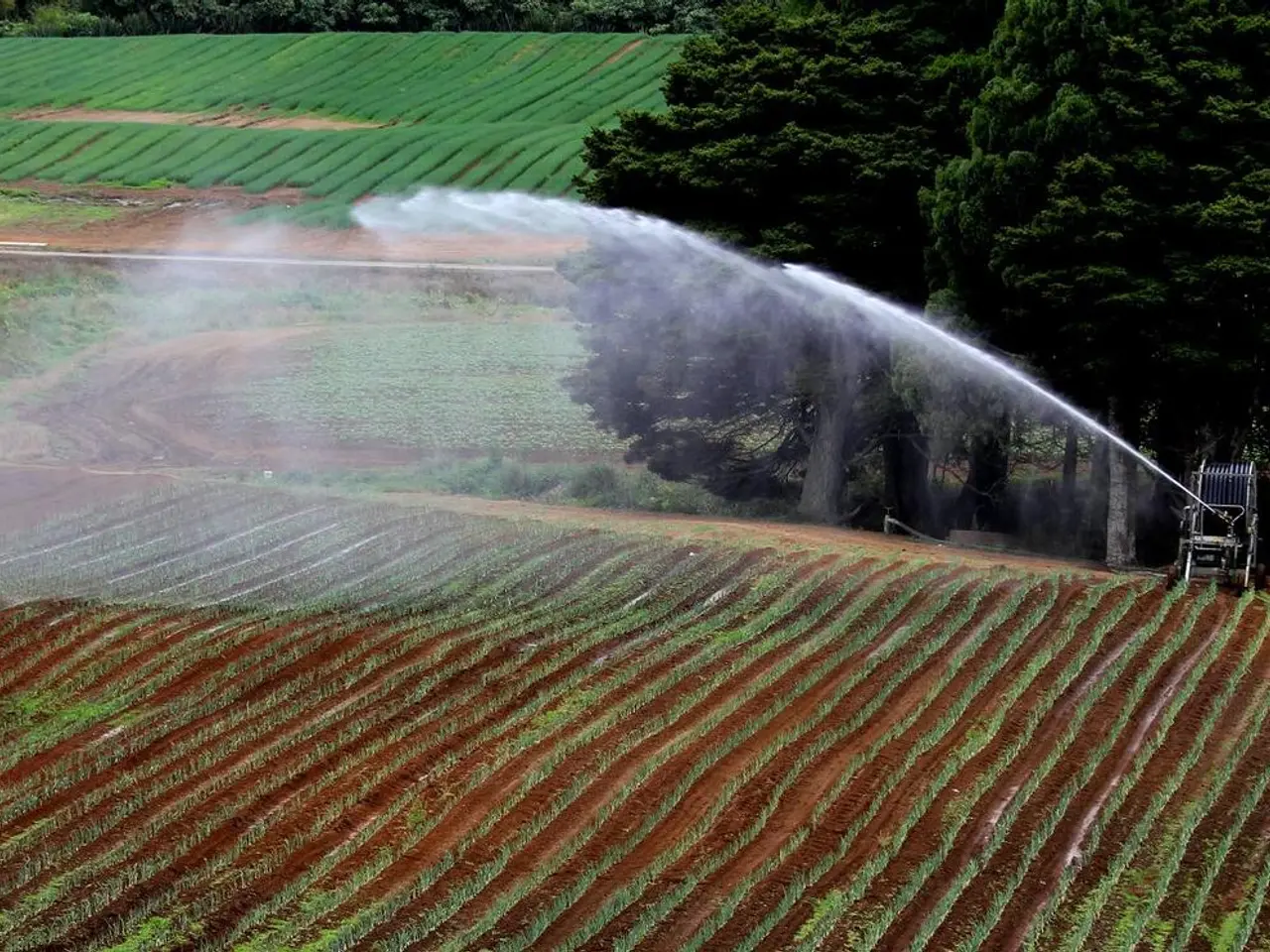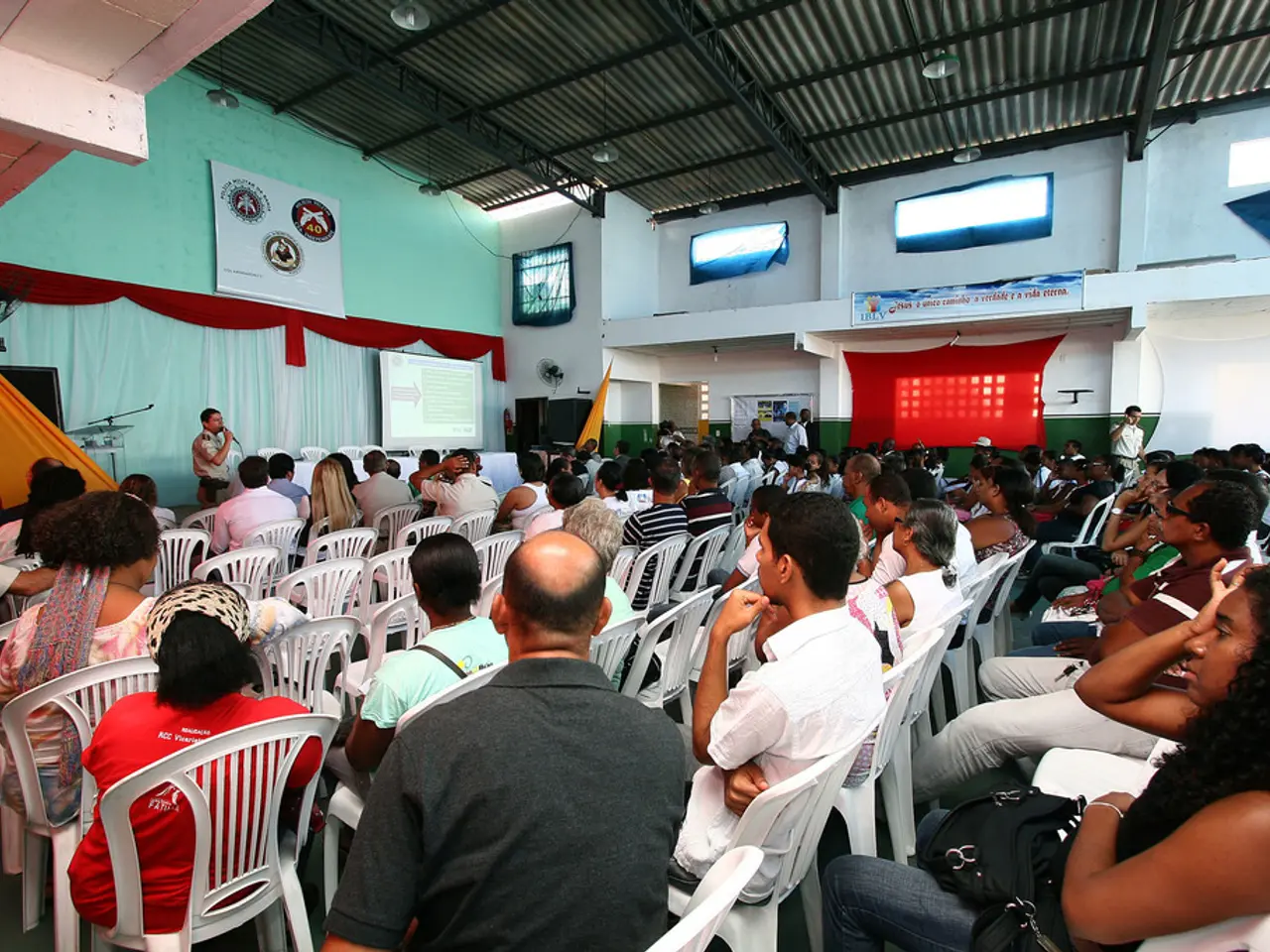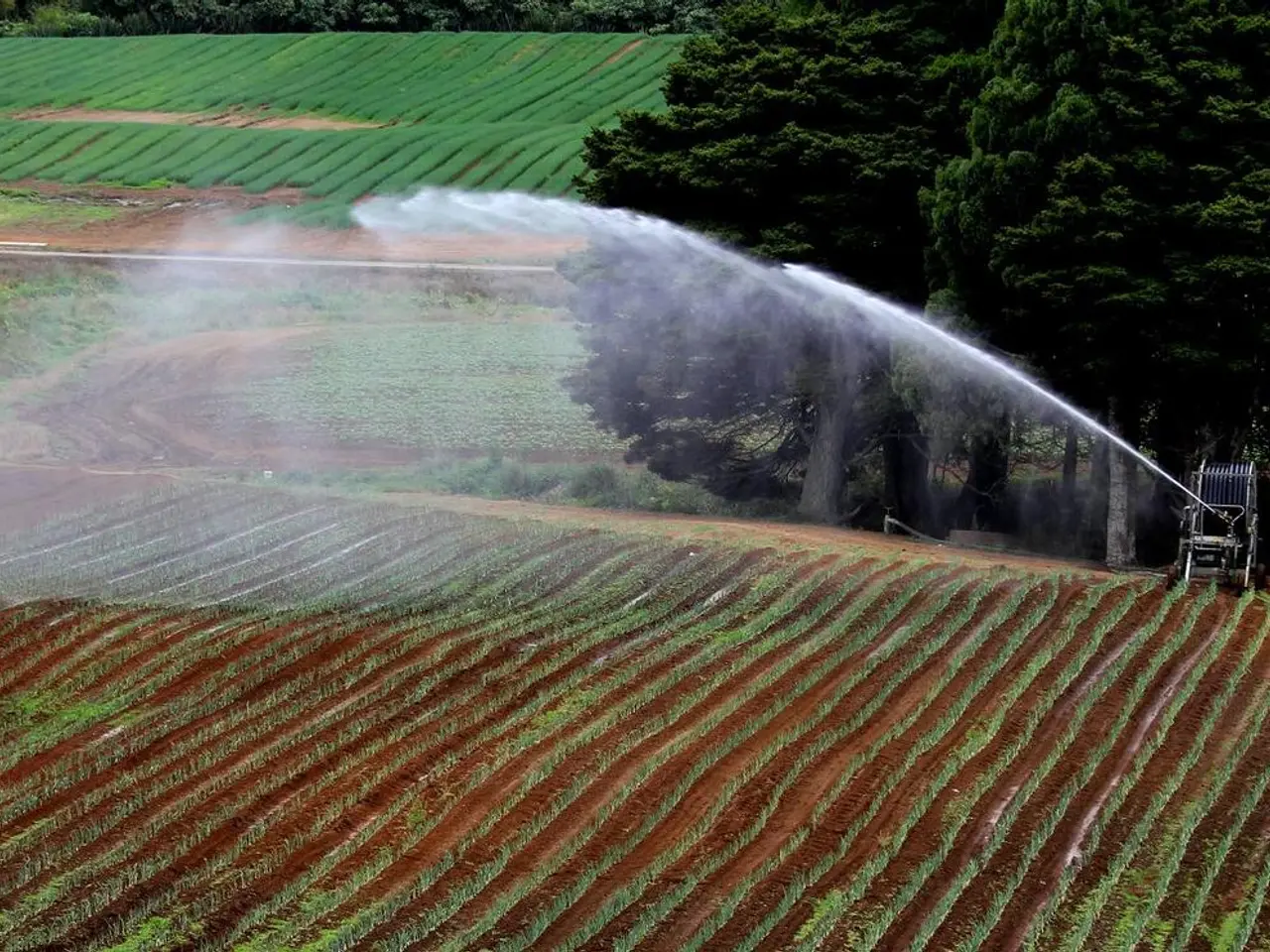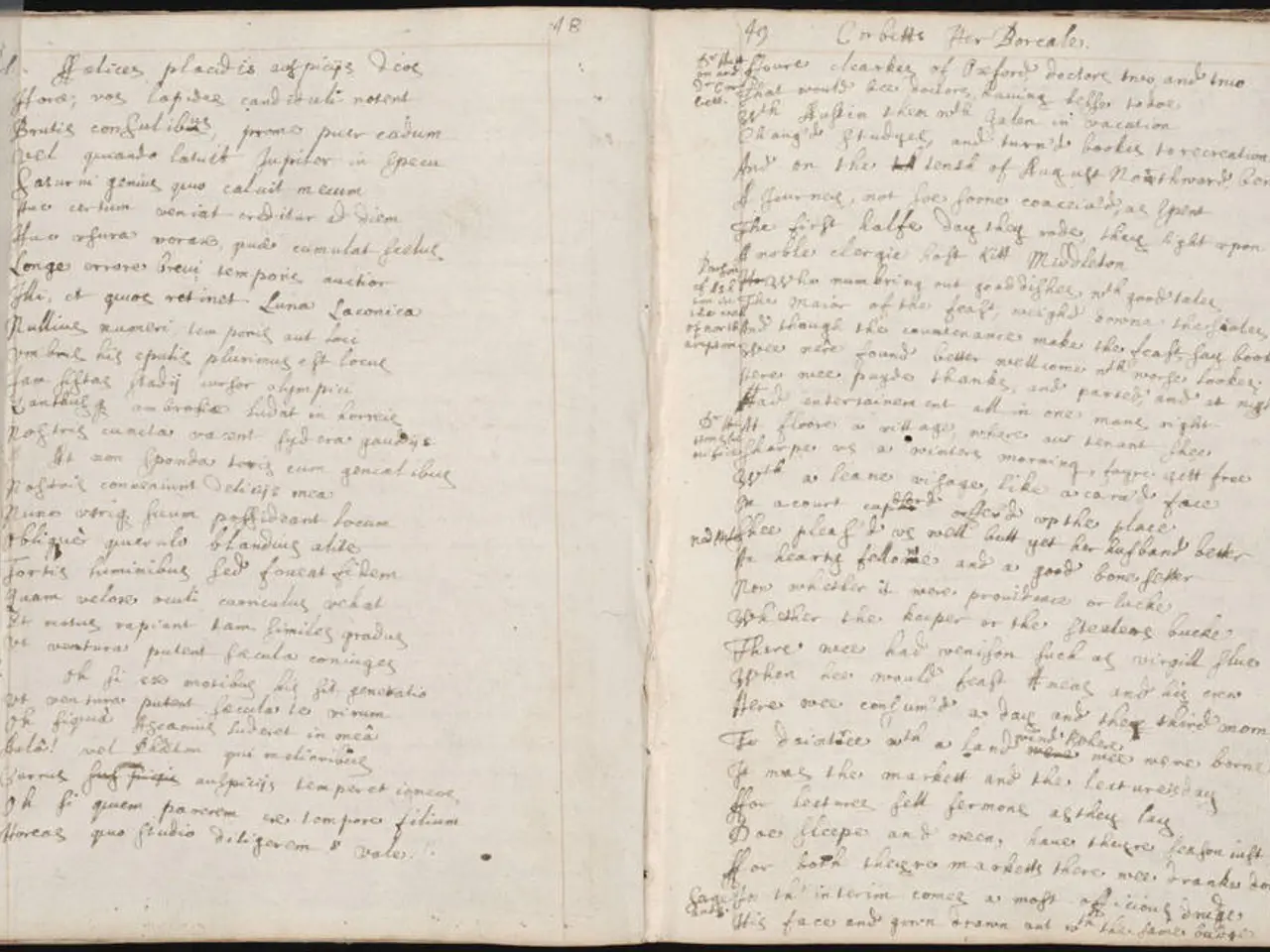Streamlines administrative processes in Brandenburg for increased efficiency
The Brandenburg State Parliament has recently passed a law designed to reduce bureaucracy in agriculture and environmental regulation. This move is part of a broader trend in German states, focusing on modernizing public administration through digitalization and process simplification.
Under this new law, construction projects extending up to 300 meters into protected areas in edge-of-town areas are exempt from permits, provided they have minimal impact on nature and landscape. This simplification aims to alleviate red tape in agricultural activities and environmental compliance, making it easier for farmers and businesses to meet legal requirements without excessive paperwork or delays.
The law also introduces digital innovations, such as the creation of interoperable IT systems and digital platforms, enabling one-time data submission and sharing of information across agencies. These measures could vastly improve the speed and transparency of approvals, inspections, and documentation in agriculture and environmental management.
In addition, the law aims to generate fiscal and operational efficiency gains by reducing redundant checks and harmonizing regulations. This can support sustainability goals while easing the administrative load on local authorities and stakeholders.
However, the law has raised concerns from nature conservation associations such as Nabu and the Bund für Umwelt und Naturschutz (BUND) Brandenburg, who warn against cutting democratic rights in environmental and nature conservation matters. The right of these associations to sue in construction projects has been restricted under certain conditions.
The SPD, BSW, and CDU voted almost unanimously for the bill, with the exception of one BSW member, Sven Hornauf. The AfD faction abstained from voting on the bill. The Federal Nature Conservation Act continues to apply in Brandenburg, and the right of nature conservation associations to sue, as regulated in the federal law, had been expanded in Brandenburg.
The law also addresses flood protection, aiming to reduce bureaucracy in this area. This could potentially lead to faster implementation of flood protection measures, benefiting both ecosystem health and agricultural productivity.
In conclusion, the Brandenburg law to reduce bureaucracy in agriculture and the environment is part of a larger movement by German states to modernize public administration through digitalization and process simplification, aiming to increase efficiency, reduce costs, and support sustainable development. However, detailed specifics of the Brandenburg law itself are not included in the available sources. Further direct sources from Brandenburg’s state parliament communications would provide more granular information.
- The law, focusing on modernizing public administration, includes environmental-science aspects by introducing digital innovations such as interoperable IT systems and digital platforms in science and policy-and-legislation, streamlining data submission and information sharing for agriculture and environmental management.
- The legislation, aimed at reducing bureaucracy, inherently involves politics as it was passed by major political parties, with exception, and has sparked controversy from nature conservation associations like Nabu and BUND Brandenburg, expressing concerns about cutting democratic rights in environmental matters.
- The comprehensive law, aiming to increase efficiency and sustainability, extends to general-news topics like flood protection, targeting bureaucratic reductions in this area to expedite flood protection measures, benefiting both ecosystem health and agricultural productivity.







